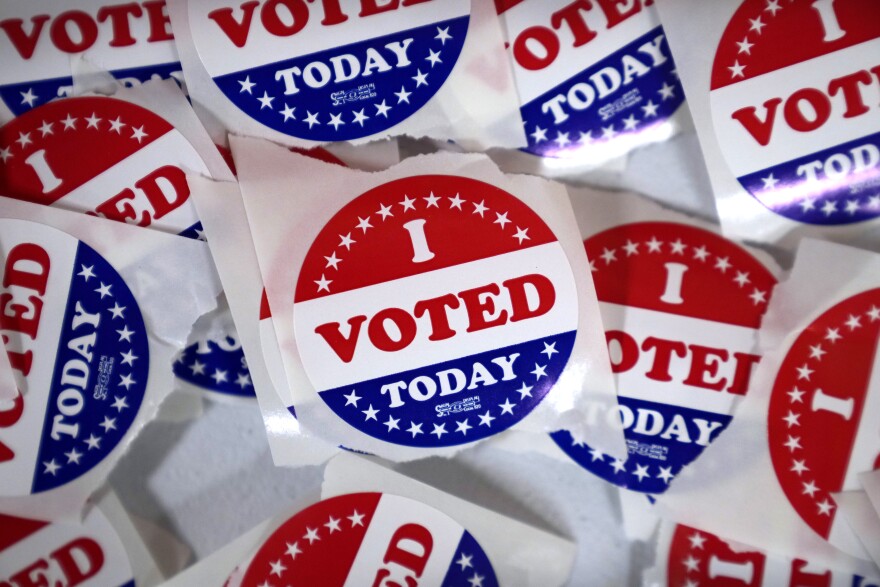A newly released paints a very different picture of Native American political preferences than earlier polling suggested.
The 2024 American Electorate Voter Poll, whose sponsors included progressive groups like the ACLU, got responses from roughly 9,400 people across the U.S. That included 500 self-identified Native American voters.
Early polling suggested for Republican President-elect Donald Trump. The Indigenous Journalists Association, one of several groups to criticize the methodology, “misleading and irresponsible.”
“American Indians only represent 1 percent of the total voters surveyed, meaning that a few hundred self-identifying respondents are being used to represent the diverse interests of millions of Indigenous people across the country,” their statement continued. “None of the exit poll locations, for example, were on tribal land.”
In the newly released poll, 57% of respondents said they supported Democrat Kamala Harris compared to just 39% for Trump.
“Native Americans are slightly less likely to support Democratic candidates than other racial and ethnic minorities, but much more likely to do so than white voters,” said Gabe Sanchez of BSP Research, which helped conduct the survey.
As with voters across the country, the poll found that economic issues like inflation and the cost of living were key concerns for Native Americans. But sizable majorities also said they considered tribal issues like land rights, sovereignty and language preservation.
They also found strong support for abortion access, action on climate change and other progressive policies.
Sanchez also highlighted that 1 in 2 respondents said they were never contacted by any groups asking them to register or vote.
“That's a very important indicator, because, remember, these are all voters that should be on the top of both parties’ lists for outreach and mobilization,” he said. “So both parties have work to do in the future to try to gain the Native American vote.”
This story was produced by the Mountain West ∞µ∫⁄±¨¡œ Bureau, a collaboration between Wyoming Public Media, Nevada Public Radio, Boise State Public Radio in Idaho, KUNR in Nevada, KUNC in Colorado and KANW in New Mexico, with support from affiliate stations across the region. Funding for the Mountain West ∞µ∫⁄±¨¡œ Bureau is provided in part by the .



